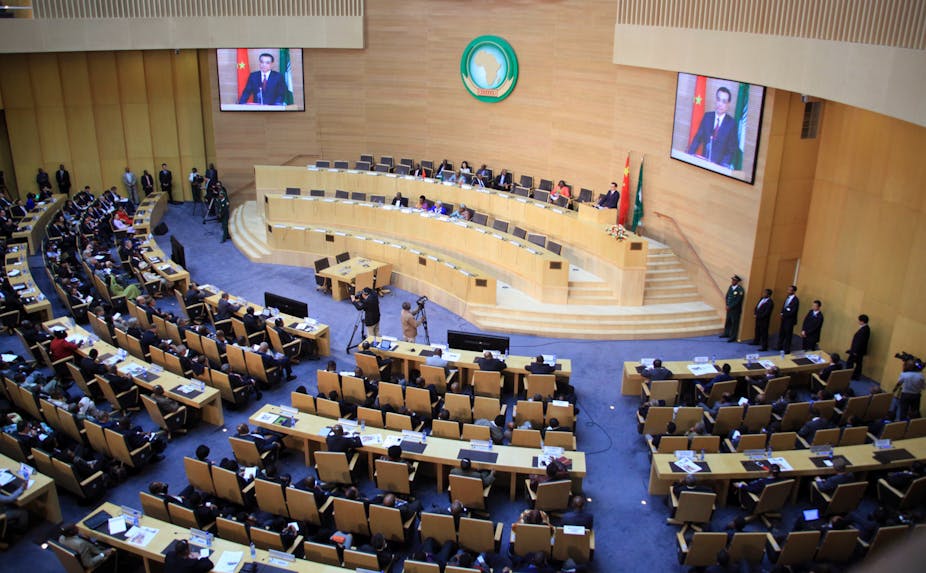Even before globalisation had convalesced from the aftershocks of Brexit another telling blow was dealt by the shock election of Trump as US president-elect. This is a Frankenstein moment in political history. It threatens the traditional ideological divide that for centuries has characterised party politics as leaning to the left or right. These events have also jolted the basic foundation principles of liberalism on which globalisation – and by extension regionalism – rests.
In both the UK referendum and US election, globalisation and ideological party based politics appear to have given way to a new kind of populism. This has emboldened right wing nationalistic parties.
There is already evidence of an anti-globalisation backlash across Europe and the US. This can be seen in the rising allure of nationalism and of far right nationalist parties mainly against growing immigration pressures. It has also been ignited by the trans-location of manufacturing to foreign countries seen as favourable low cost production centres.
This gloomy face of globalisation has led to a feeling of disfranchisement among ordinary citizens. Many increasingly feel that they gain little from the public goods accrued from globalisation. Instead owners of multinational corporations and the elites benefit the most.
The standard argument in favour of globalisation, and by extension regionalism, is that it is a force for good and delivers benefits to everyone. But, as Fredrik Söderbaum and Andrew Grant point out, both can also be negative by, for example, promoting conflict and exploitation. And they can easily translate into private gain at the expense of attaining a common public good.
As globalisation continues to take a beating, what is the future of regionalism, which is one of the main tailpieces of globalisation? What lessons can be learnt for African regionalism which envisions a more socially, economically and politically integrated continent by the year 2063?
New approaches
Perhaps the main lesson for the Africa Union and regional trading blocs is increased public participation in decision making. The current framework for regional integration has mainly been characterised by unilateral state-centricism
This state centric preference to regionalism has led to a clear disconnect between elites and ordinary citizens. In essence policies and laws formulated at the highest levels of regional governance structures give short shrift to the day-to-day needs of most people. Instead, they are more geared for the welfare of a few elites in government and large businesses. These groups have positioned themselves to gain out of regional integration efforts.
This is true in the East African Community. Here, big businesses – represented by the East African Business Council – have their interests guaranteed through the privilege of holding an observer status in all the structures of regional bodies. Small scale farmers, businesses and civil society groups represented by the umbrella body East African Civil Society Forum enjoy no such status.
This is in spite of the fact that the East African Community treaty stipulates the desire for a people centred approach.
The misconceived perception that decisions made by a few elites are good for all could potentially foment resentment by ordinary citizens against regionalism, and by extension globalisation. It is not too difficult to imagine the parallels that led to to Trump’s surprise victory. His call to bring back industries to American cities echoed with an electorate that had seen their jobs lost due to the relocation of industries.
Don’t throw the baby out with the bathwater
Policy makers must develop new approaches to regionalism. The traditional approaches need to be replaced by a hybrid system. This would require governments to be mere facilitators while non-state actors take the lead on how best to conduct integration processes.
This would help get rid of the unilateral formulation of policies by elites with no inputs from the majority of citizens.
But the formulation of a new narrative should not set out to discredit globalisation and regionalisation entirely. Instead efforts should be made to minimise divisive identity based politics promoted by groups that feel left out by a rapidly globalising and integrating world. Policy makers should allow for a more bottom up approach. This would coordinate both state and non-state actors to make regionalism, and by extension globalisation, work for the benefit of all.

